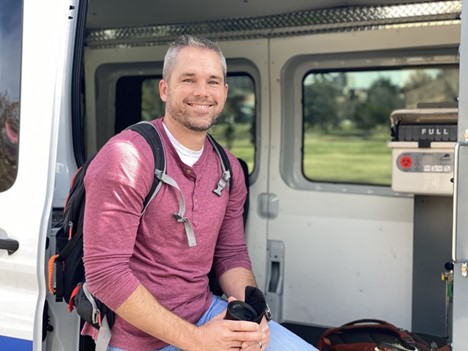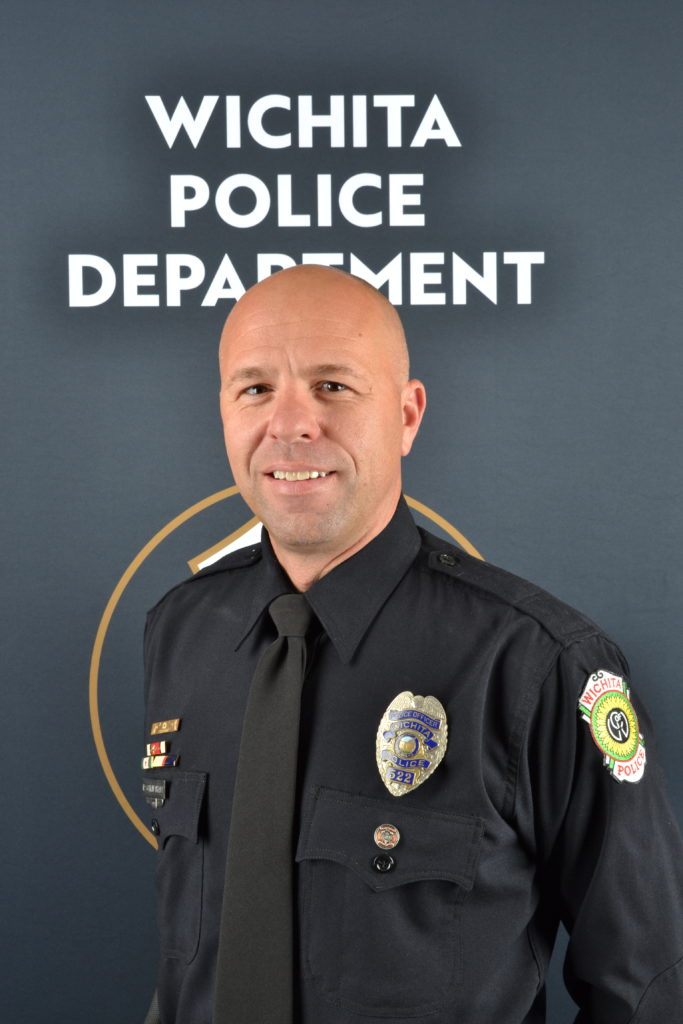What Does the Research Say? Findings from Examinations of Police-Mental Health Collaborations in Crisis Response
Across the United States, communities are demonstrating substantial innovation in their development of responses to calls for service involving mental health and substance use crises, homelessness, quality-of-life issues, and other low-level situations. Although there is a growing body of research examining the effects of these responses, the implementation of crisis response programs is not often accompanied by evaluation, which limits our understanding of evidence-informed practices. This breakout session will highlight available empirical evidence about the implementation and impact of police-mental health collaborations in crisis response. Panelists will discuss their organizations’ experiences with the evaluation of programs implemented in their communities. This discussion will highlight recommendations to guide jurisdictions in data collection and evaluation of their responses.

Robin Engel, PhD, Director, International Association of Chiefs of Police (IACP) / UC Center for Police Research & Policy
Robin S. Engel, PhD, is Professor of Criminal Justice at the University of Cincinnati (UC) and Director of the International Association of Chiefs of Police/UC Center for Police Research and Policy. She formerly served as UC’s vice president for safety and reform. Robin engages in policy research and evaluation, with expertise in empirical assessments of police behavior, police-community relations, and crime reduction strategies. She has served as principal investigator for over 80 research grants, totaling over $22 million. Additionally, she has published over 60 research articles, books, and chapters, along with dozens of technical reports for practitioners, and has been ranked among top academics, and the number one woman in the field of criminal justice/criminology based on publications in prestigious peer-reviewed journals. She currently serves as the co-chair of IACP’s Research Advisory Committee and as a consultant on police training for the Ohio Attorney General.

Brian Lovins, Principal, Justice System Partners
Dr. Brian Lovins is a principal with Justice System Partners (JSP). In addition to his role with JSP, he is the current president of the American Probation and Parole Association. Brian is the principal investigator for a range of research projects, including the Harris County Diversion Center Evaluation and the Harris County Reducing Revocations Challenge. He routinely provides training and technical assistance for correctional agencies on program evaluation, program redesign, risk assessment, and leadership coaching. He earned his PhD in criminology from the University of Cincinnati.

Chris Richardson, Associate Director of Criminal Justice Services, Mental Health Center of Denver, STAR
Chris Richardson is the associate director of criminal justice services at the Mental Health Center of Denver, currently overseeing multiple criminal justice entry points within the sequential intercept model. Most notably, Denver’s Co-Responder Unit is a program that pairs licensed mental health clinicians with Denver police officers, providing on-scene support, crisis de-escalation, service connection, and follow-up visits to individuals experiencing mental health crises in the Denver area. More recently, Chris has overseen the daily operations of Denver’s STAR pilot, which provides a civilian-based response to low-level 911 calls. With 14 years of direct clinical services in the field of mental health, his goal is to provide education, service connection, and coordination to individuals needing behavioral health support.

Officer Nate Schwiethale, Wichita Police Department
Officer Nate Schwiethale has been with the Wichita Police Department for 20 years. In 2013, he developed the Wichita Police Department’s Homeless Outreach Team (H.O.T.), which works to help people experiencing homelessness find permanent or transitional housing. To date, H.O.T. has assisted over 1,200 people experiencing homelessness. The United States Interagency Council on Homelessness and multiple other federal agencies have listed Wichita H.O.T. as a best practice, and Officer Schwiethale is currently assisting the federal government to implement H.O.T. in other cities. He is also a consultant on police Homeless Outreach Teams and has done work for the National Advisory Board for the Department of Justice, COPS, and IACP, among other federal agencies. He received his BS in criminal justice from Wichita State University.

